

Articles
Why Does AC Smell Musty
Modified: October 18, 2024
Discover articles explaining why your AC may smell musty and how to prevent it. Keep your home smelling fresh with these helpful tips.
(Many of the links in this article redirect to a specific reviewed product. Your purchase of these products through affiliate links helps to generate commission for Storables.com, at no extra cost. Learn more)
Introduction
When the weather gets hot and humid, there’s nothing more refreshing than stepping into a cool and comfortable space thanks to your trusty air conditioning unit. However, there can be times when that much-awaited blast of cool air comes with an unpleasant musty smell. This can not only be bothersome, but it may also indicate underlying issues with your AC system.
In this article, we will delve into the reasons behind the musty smell in AC systems and explore the potential effects it can have. We will also provide you with some valuable tips on how to prevent and eliminate these odors, ensuring you can enjoy a fresh and comfortable living environment.
Key Takeaways:
- Musty smells in AC systems indicate potential mold and mildew growth, posing health risks and decreasing efficiency. Regular maintenance and proper ventilation are crucial for preventing and eliminating these odors.
- Seeking professional help from an HVAC technician is essential for persistent musty smells, visible mold or mildew, efficiency issues, and safety concerns. Prioritize a fresh and comfortable living environment.
Read more: Why Does My Air Conditioning Smell Musty
Understanding the Musty Smell in AC Systems
The musty smell in AC systems is often a sign that there is mold or mildew growth somewhere in the system. Mold and mildew thrive in damp and dark environments, making AC units susceptible to their growth. While the smell may seem harmless, it is important to address it promptly as it can indicate potential health risks and damage to the AC system.
AC systems work by removing heat and humidity from the air within your living space. The cooling process involves the circulation of air over a cold evaporator coil, which helps to reduce the temperature and remove moisture from the air. However, over time, moisture can begin to accumulate on the evaporator coil and other components of the AC unit. This moisture, combined with the presence of dust and organic matter, creates an ideal breeding ground for mold and mildew.
When mold and mildew start to grow within the AC system, they release spores into the air. These spores can trigger allergic reactions and respiratory problems in sensitive individuals when inhaled. Additionally, the musty odor can permeate your living space, causing discomfort and making it unpleasant to be indoors.
It is important to note that the musty smell may not always be due to mold or mildew growth. Other factors such as clogged or dirty air filters can also contribute to unpleasant odors in your AC system. Understanding the causes behind these smells will help you take appropriate action to resolve them.
Common Causes of Musty Smells in ACs
There are several common causes that can lead to musty smells in AC systems. Let’s take a closer look at each of them:
1. Moisture buildup in the evaporator coil: The evaporator coil is responsible for cooling and dehumidifying the air that passes through the AC system. Over time, moisture can accumulate on the coil, especially in humid environments. If not properly drained or if the drain line is clogged, this moisture can provide an ideal environment for mold and mildew to grow. As a result, a musty smell can emanate from the AC system.
2. Mold or mildew growth in the air vents: The air vents in your AC system are another potential breeding ground for mold and mildew. If there is moisture present in the ductwork or if the vents are not properly cleaned and maintained, mold and mildew can thrive. As the air passes through these contaminated vents, the musty odor can be spread throughout your living space.
3. Clogged or dirty air filters: Air filters are an essential component of any AC system as they help trap dust, dirt, and other airborne particles. However, if the air filters are not regularly cleaned or replaced, they can become clogged with debris. This can lead to a buildup of moisture, creating an environment conducive to mold and mildew growth. As the air passes through the dirty filters, it can carry the musty smell along with it.
It is important to address these causes promptly to prevent further odor issues and potential health risks. Regular maintenance and cleaning of your AC system are crucial in keeping it running efficiently and odor-free.
Effects of Musty Smells in ACs
The musty smells in AC systems can have a range of effects, both on your health and the overall comfort of your living environment. Let’s explore some of the main effects:
1. Health risks associated with mold and mildew exposure: Mold and mildew release spores into the air, which can cause allergic reactions, respiratory problems, and irritations in sensitive individuals. Prolonged exposure to these spores can lead to more serious health issues. It is especially important to address the musty smell if you or anyone in your household suffers from allergies or respiratory conditions.
2. Unpleasant living environment: The musty smell that accompanies mold and mildew growth can quickly make your living space uncomfortable and uninviting. It can linger in the air, cling to fabrics, and permeate furniture, ultimately affecting the overall ambiance of your home. This can be particularly problematic if you have guests or if you spend a significant amount of time indoors.
3. Decreased efficiency of the AC system: The presence of mold, mildew, and clogged air filters can negatively impact the efficiency of your AC system. When these contaminants accumulate, they can obstruct the airflow, strain the components, and reduce the cooling capacity of the unit. This can lead to increased energy consumption, higher utility bills, and a less effective cooling performance.
It is important to take these effects seriously and not ignore the musty smell in your AC system. By addressing the underlying causes and implementing appropriate solutions, you can create a healthier and more comfortable environment for yourself and your loved ones.
To prevent a musty smell in your AC, regularly clean or replace the air filters, clean the evaporator coils, and check for any mold or mildew growth in the unit. Also, consider using a dehumidifier to reduce moisture in the air.
Tips for Preventing and Eliminating Musty Smells in ACs
To prevent and eliminate musty smells in your AC system, consider implementing the following tips:
1. Regular maintenance and cleaning of the AC unit: Schedule regular maintenance for your AC system, including professional cleaning of the evaporator coil, air ducts, and vents. This helps remove any accumulated dust, debris, or mold that may be causing the musty smell. Also, ensure that the drain line is clear and free of clogs to prevent moisture buildup.
2. Proper ventilation and moisture control: Ensure that your living space is properly ventilated, especially in areas where humidity can be high, such as bathrooms and kitchens. Use exhaust fans to remove excess moisture from these areas. Additionally, consider using a dehumidifier to maintain optimal humidity levels throughout your home, preventing the growth of mold and mildew.
3. Using air fresheners or deodorizers: Utilize air fresheners or deodorizers specifically designed for AC systems to help neutralize any lingering musty odors. These products can help freshen the air and mask unpleasant smells. However, it is important to choose products that are safe for use with AC systems and do not pose any risks to your health.
Remember, prevention is key when it comes to musty smells in AC systems. By incorporating these tips into your routine maintenance and taking proactive measures to control moisture, you can significantly reduce the likelihood of encountering musty odors and maintain a fresh and comfortable living environment.
Read more: Why Does My AC Smell Bad
Professional Help: When to Call an HVAC Technician
While regular maintenance and basic troubleshooting can go a long way in preventing and eliminating musty smells in your AC system, there are instances when it is necessary to seek professional help from an HVAC technician. Here are some situations where calling a professional is recommended:
1. Persistent or recurring musty smells: If you have attempted to address the musty smell in your AC system but it keeps coming back, it may be a sign of a more serious underlying issue. An HVAC technician can thoroughly inspect your system to identify the source of the odor and provide a proper solution.
2. Visible signs of mold or mildew: If you notice visible signs of mold or mildew growth anywhere in your AC system, such as on the evaporator coil or in the air vents, it is important to call a professional. They have the expertise and equipment to safely remove the mold or mildew and prevent further contamination.
3. Efficiency and performance issues: If you experience a decrease in the efficiency and cooling performance of your AC system, accompanied by the musty smell, it could indicate a more significant problem. An HVAC technician can identify any underlying issues that may be causing the reduced efficiency and restore your system’s performance.
4. Safety concerns: If you suspect that your AC system may be causing health issues or if you have individuals in your household with compromised immune systems or respiratory conditions, it is crucial to seek professional assistance. They can thoroughly inspect your system, assess the air quality, and recommend appropriate measures to ensure a safe and healthy living environment.
Remember, HVAC technicians are trained professionals who have the knowledge and experience to diagnose and address complex AC system issues. When in doubt or facing persistent problems, it is always best to consult with a professional to ensure a proper and thorough resolution.
Conclusion
Musty smells in AC systems can be not only unpleasant but also indicative of potential issues that need to be addressed. Understanding the causes behind these smells, such as moisture buildup, mold or mildew growth, and clogged air filters, is the first step in preventing and eliminating them.
By regularly maintaining and cleaning your AC unit, ensuring proper ventilation and moisture control, and using air fresheners or deodorizers, you can significantly reduce the likelihood of musty smells in your home. It is important to prioritize the health and comfort of your living environment by being proactive in addressing these issues.
However, if you encounter persistent or recurring musty smells, visible signs of mold or mildew, efficiency and performance issues, or have safety concerns, it is recommended to seek professional help from an HVAC technician. They have the expertise and equipment to diagnose and resolve more complex AC system problems, ensuring the health and efficiency of your system.
In conclusion, taking preventative measures and addressing musty smells promptly is essential in maintaining a fresh and comfortable living space. By incorporating the tips and seeking professional assistance when needed, you can enjoy the benefits of a well-functioning AC system and breathe in clean, odor-free air.
Frequently Asked Questions about Why Does AC Smell Musty
Was this page helpful?
At Storables.com, we guarantee accurate and reliable information. Our content, validated by Expert Board Contributors, is crafted following stringent Editorial Policies. We're committed to providing you with well-researched, expert-backed insights for all your informational needs.
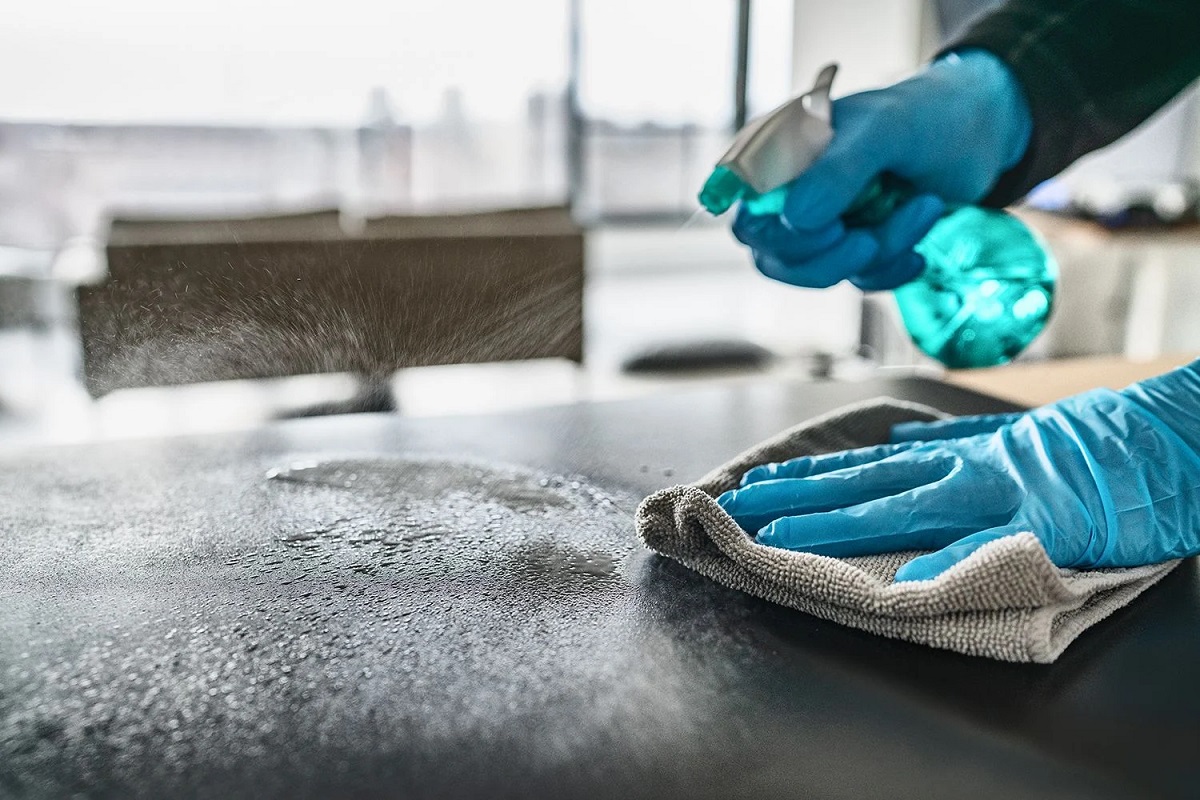
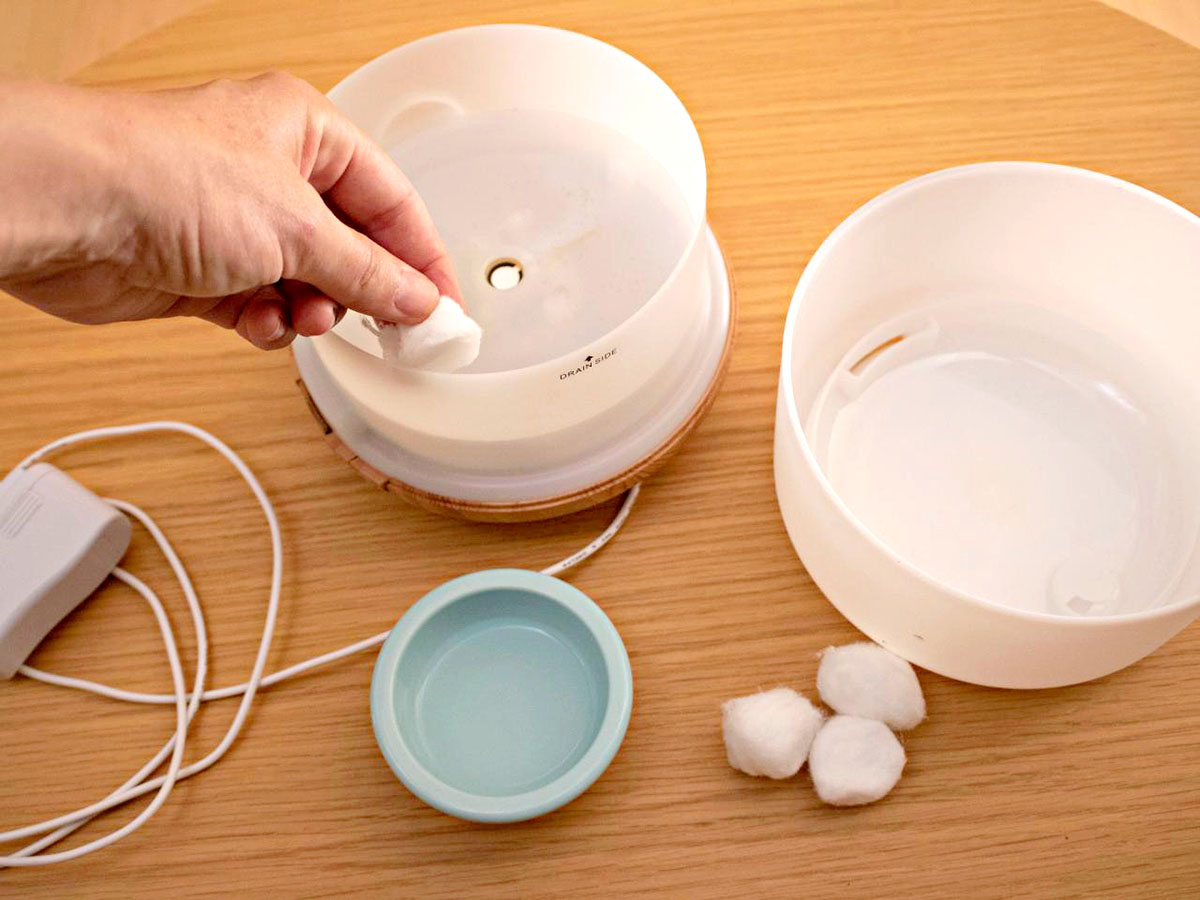


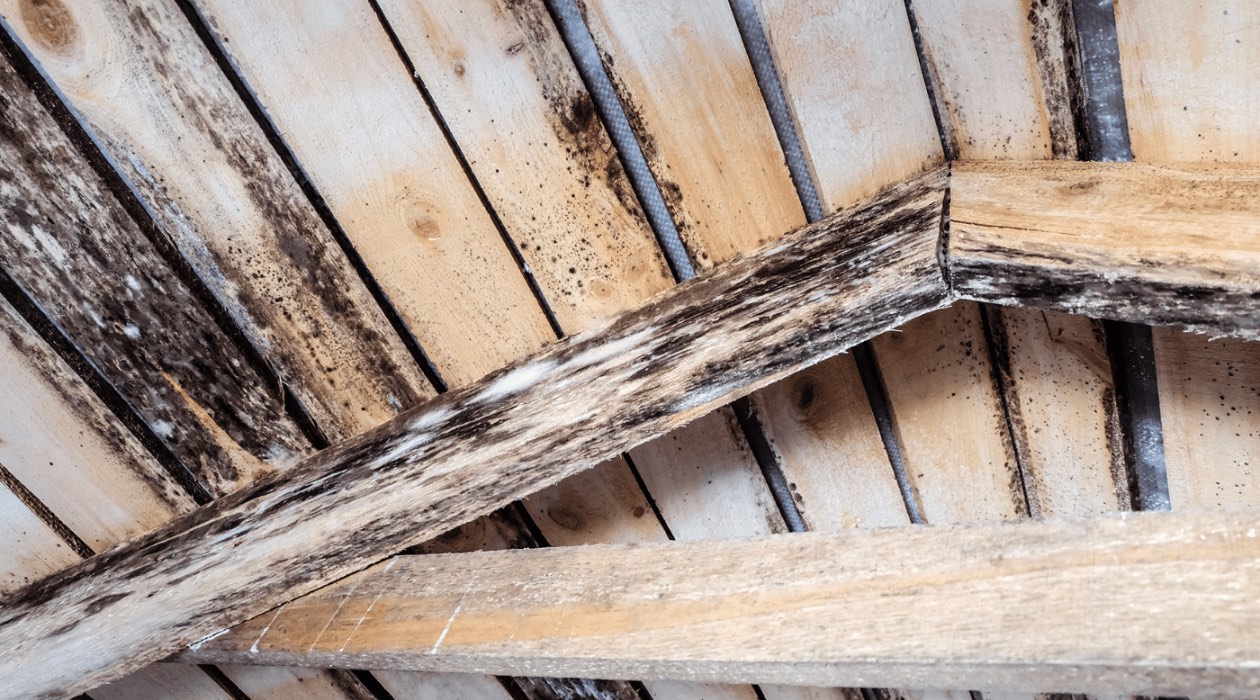

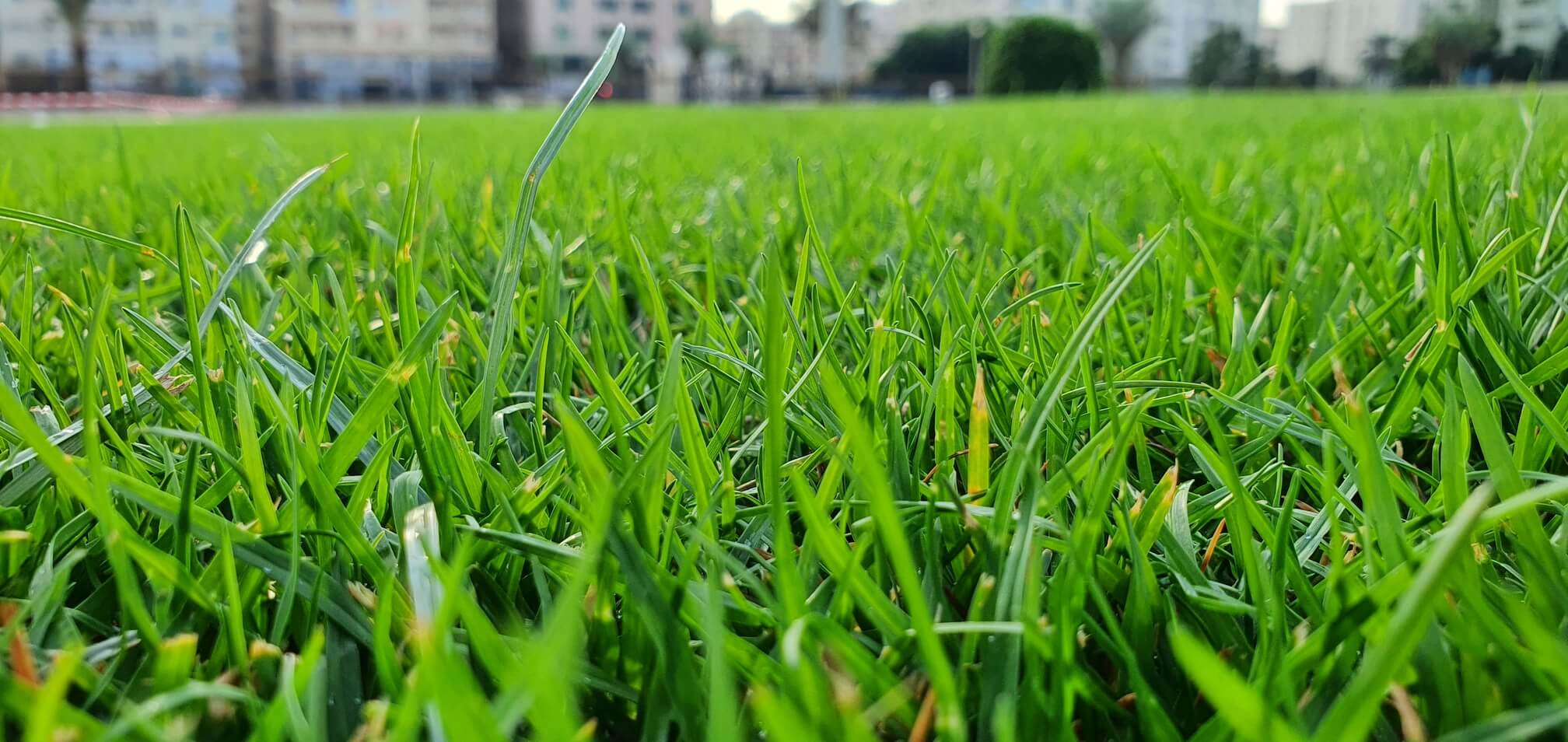





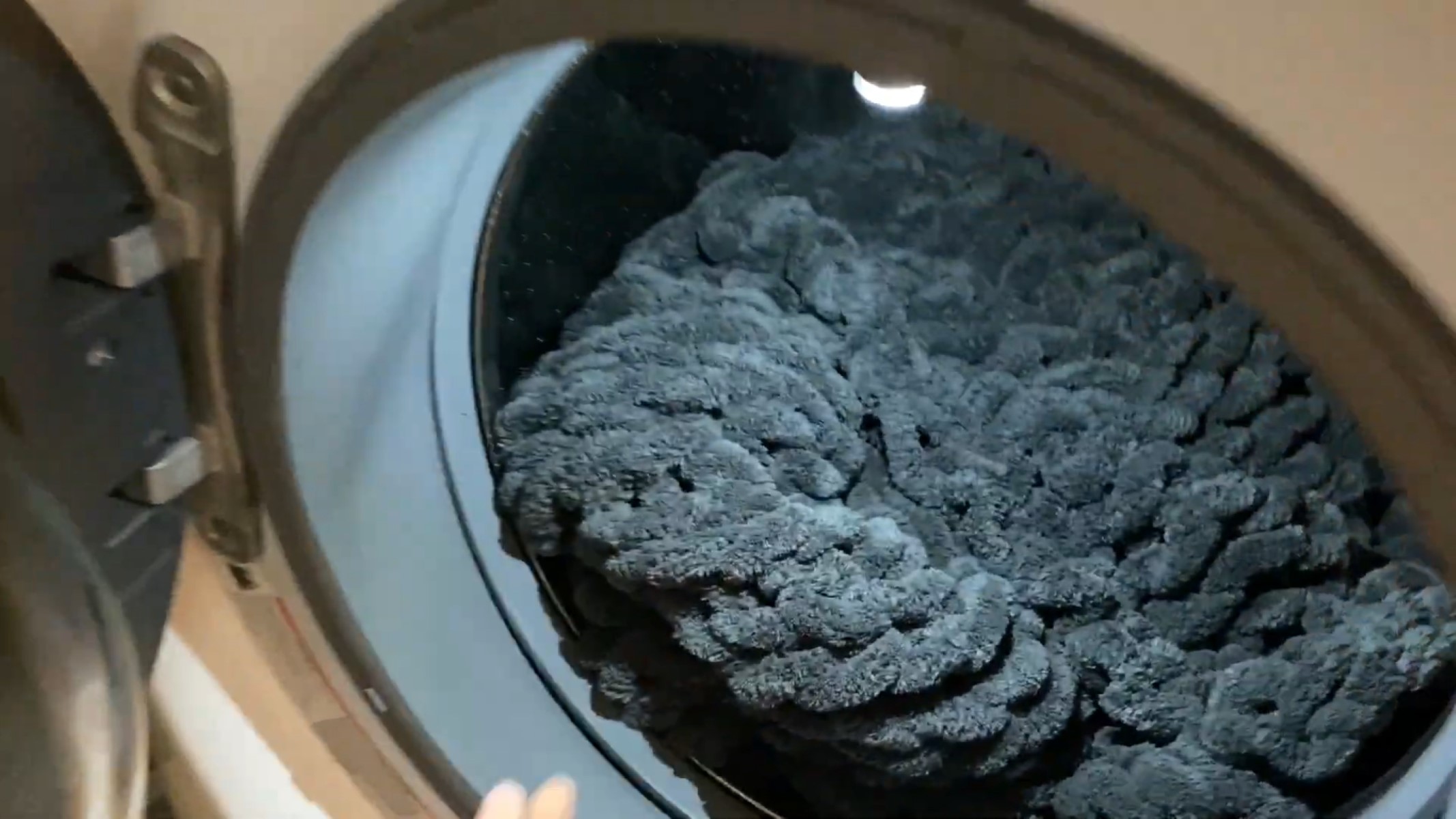


0 thoughts on “Why Does AC Smell Musty”